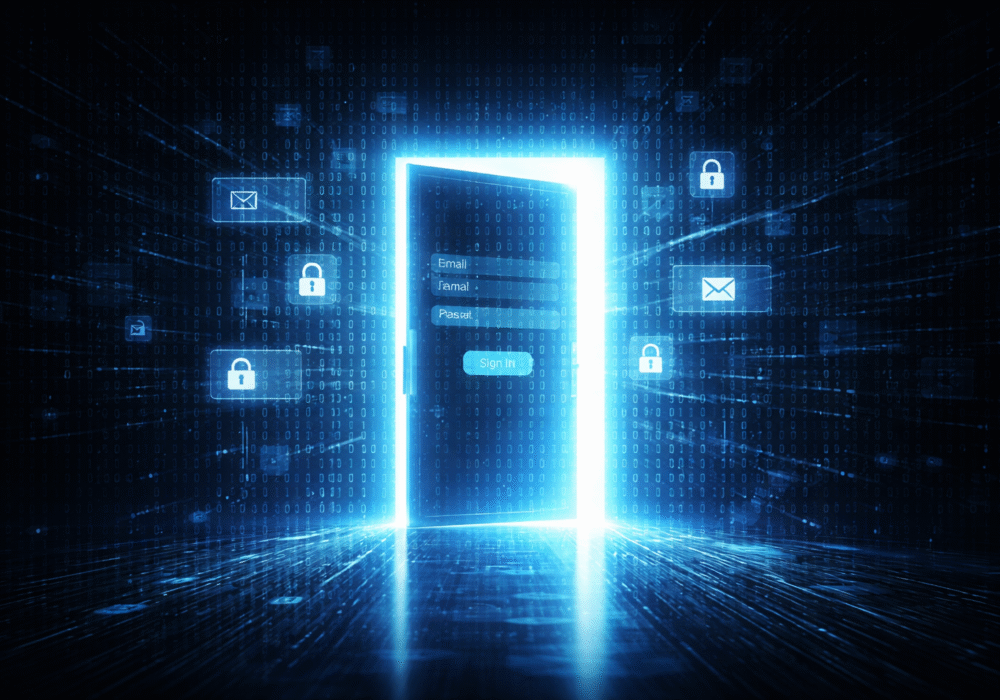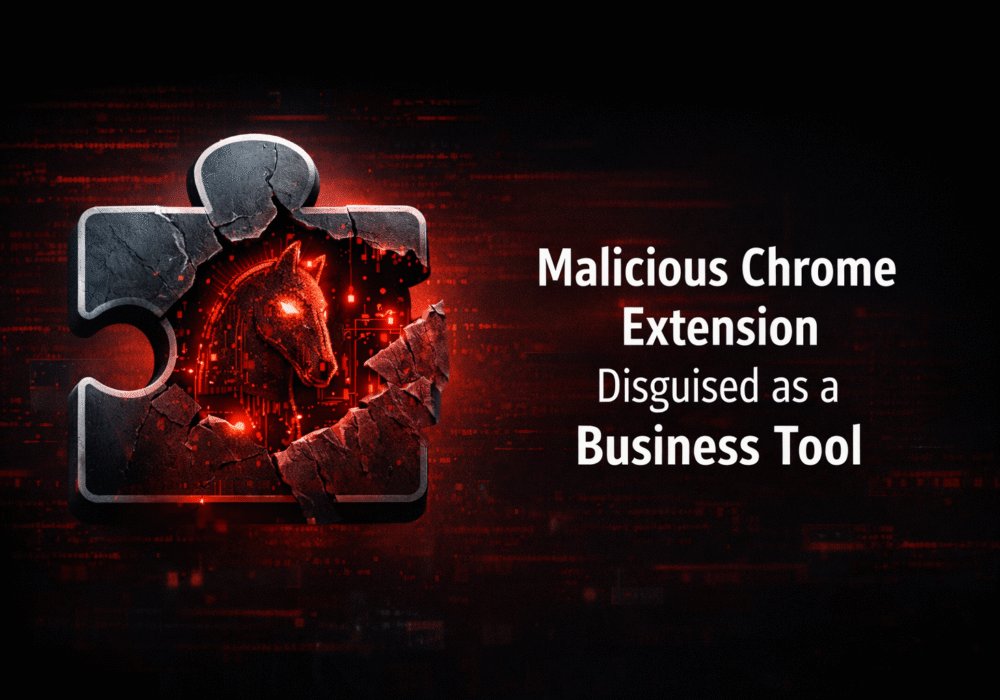
10-21-2024 Update: Thanks to Security Now’s Podcast, Steve Gibson and Leo Laporte, we now have a way to check whether our data was found within the NPD breach. For most of us, the sad truth will be, unfortunately, yes. But you should check yourself to learn what’s there.
Want to get immediately notified of CyberHoot Blog articles and Advisories? Subscribe your Slack or Teams to our RSS feed using this article.
A recent data breach at National Public Data (NPD breach) has exposed a staggering 3 billion personal records, affecting individuals worldwide. As cybercriminals continue to infiltrate systems, it’s crucial to understand the implications of such breaches and how to protect your personal information. Let’s break down what happened, the potential risks, and steps you can take to safeguard your data.
A massive data breach has been discovered and linked back to National Public Data (NPD), a company that conducts background checks using non-public information sources. It was discovered when a Florida plaintiff received a notification from their identity theft protection service, indicating that their personal information had been compromised. The lawsuit filed against NPD, revealed they had exposed 3 Billion records in a data breach. Those records contain critical information including names, addresses, email addresses, phone numbers, social security numbers and even financial details. Essentially everything needed to perform identity theft. The breach highlights vulnerabilities in data storage and protection practices, impacting individuals and organizations alike. Now let’s look at how hackers use this breach data against us.
Once cybercriminals obtain personal information, they can use it for various malicious activities:
Stolen personal information can be used to create fake identities, open bank accounts, apply for loans, and commit other fraudulent activities.
With access to personal data, criminals can craft convincing phishing emails or messages to trick individuals into revealing additional sensitive information or clicking on malicious links.
Financial details, if compromised, can be used to make unauthorized transactions or purchases, draining victims’ bank accounts or securing and then maxing out credit cards obtained illegally.
Criminals can use personal information to manipulate victims into divulging even more sensitive data or performing actions that compromise their security. In addition to phishing attacks, hackers use social engineering to perform voice based attacks (vishing) and even SMS attacks (smishing) using the stolen data.
These are the most common hacker attacks using the NPD breach data against us. However, knowing these attacks exist is not enough. We really need to understand their potential impact to understand their significance. Let’s focus now on reviewing the impact such breaches can have on us as individuals.
The fallout from such a large-scale data breach can be extensive:
Victims may suffer direct financial losses due to unauthorized transactions and identity theft.
Dealing with the aftermath of a data breach can be stressful and emotionally draining, especially if personal identities are misused.
Lost work from identity theft occurs when victims must attend court to clear their name, proving their identity, and dispute fraudulent transactions caused by hackers using stolen data.
Individual victims of identity theft face wrongful arrests and financial liabilities that can be hard to extricate from and usually require legal representation.
Knowing the methods hackers use to attack us and the impact those attacks can have is only half the battle. We now need to learn how to prevent them from ever happening to begin with. This is where we turn next: prevention.
Here are the proactive steps to protect your personal information. Here we’ll focus on awareness training, phishing testing, and freezing your credit to safeguard your data.
Cybersecurity awareness training involves educating employees and individuals about the common tactics cybercriminals use and how to recognize and avoid them.
The human element is often the weakest link in cybersecurity. By increasing awareness, you can significantly reduce the risk of falling victim to cyberattacks involving social engineering whether phishing, smishing, vishing, or QR code phishing (Quishing).
Phish testing involves assigning employees simulated emails and asking them to identify safe and unsafe elements of that email, essentially, teaching them how to phish.
Phishing attacks are one of the most common ways cybercriminals gain access to sensitive information. Regular simulations help individuals recognize phishing attempts more quickly, confidently, so they can react appropriately.
Freezing your credit involves restricting access to your credit report, making it difficult if not impossible for identity thieves to open new financial accounts in your name.
Even if cybercriminals have your personal information, a credit freeze can prevent them from using it to commit financial fraud.
a password manager is a secure and efficient way to set, save, store, and recall long 14+ character passwords for all your online accounts.
The average user has 80 to 200 online accounts. Maintaining unique passwords on all those accounts is impossible without a password manager. CyberHoot always recommends enrolling in a password manager.
The exposure of 3 billion personal records in the NPD breach is a stark and sobering reminder of how interconnected our personal data is in the digital age. By focusing on cybersecurity awareness training, phish testing, freezing your credit, and adopting a password manager, you reduce your risk of becoming a victim. Practicing good cybersecurity hygiene and staying informed about the latest security threats are important to protect your data from cybercriminals.
Discover and share the latest cybersecurity trends, tips and best practices – alongside new threats to watch out for.

Ransomware groups are not breaking in organizations the same way they did five years ago. The entry methods have...
Read more
If a Chrome extension promises to remove security pop-ups and generate MFA codes, that should make you...
Read more
Cyberattacks usually start with phishing emails or weak passwords. This one did not. Security researchers...
Read moreGet sharper eyes on human risks, with the positive approach that beats traditional phish testing.
